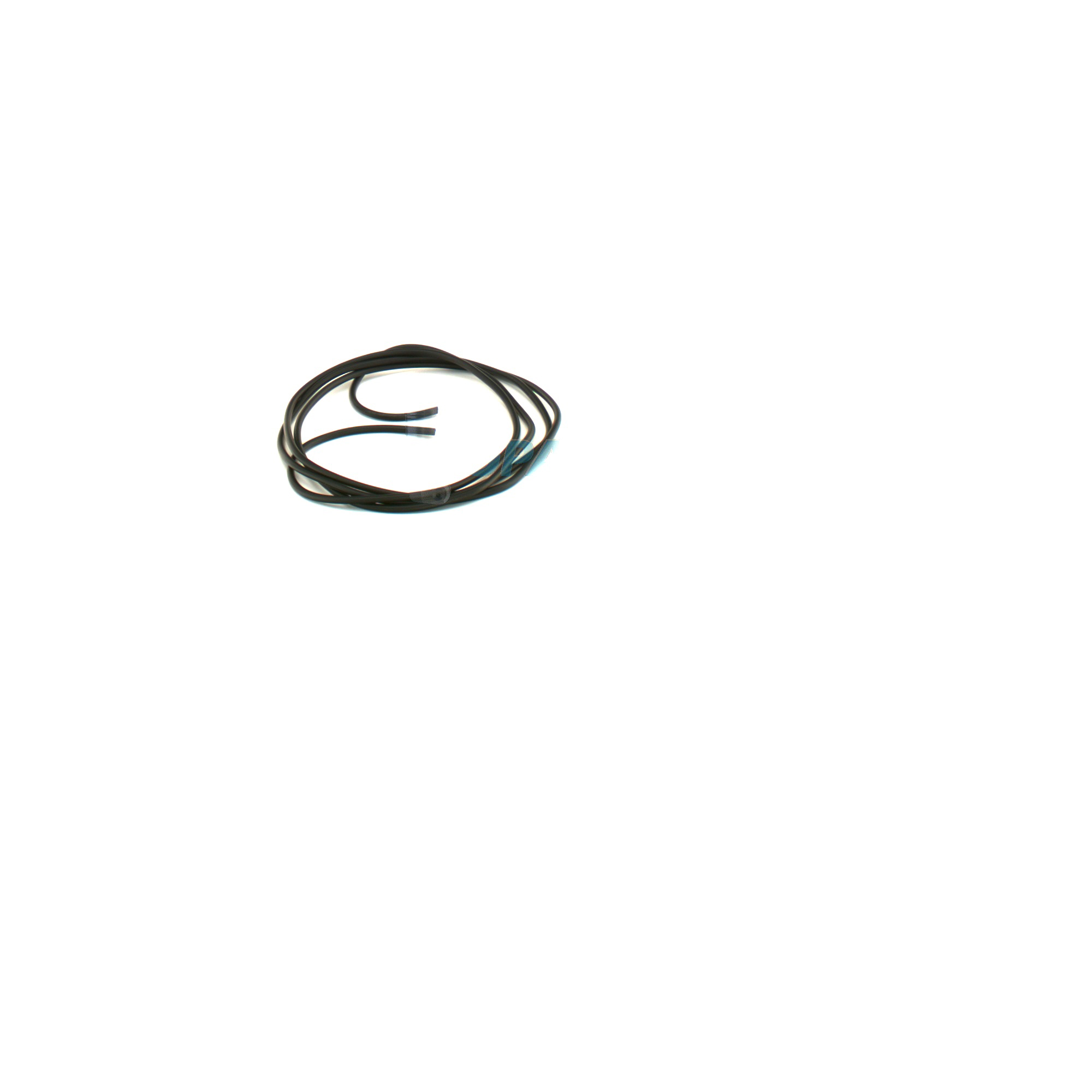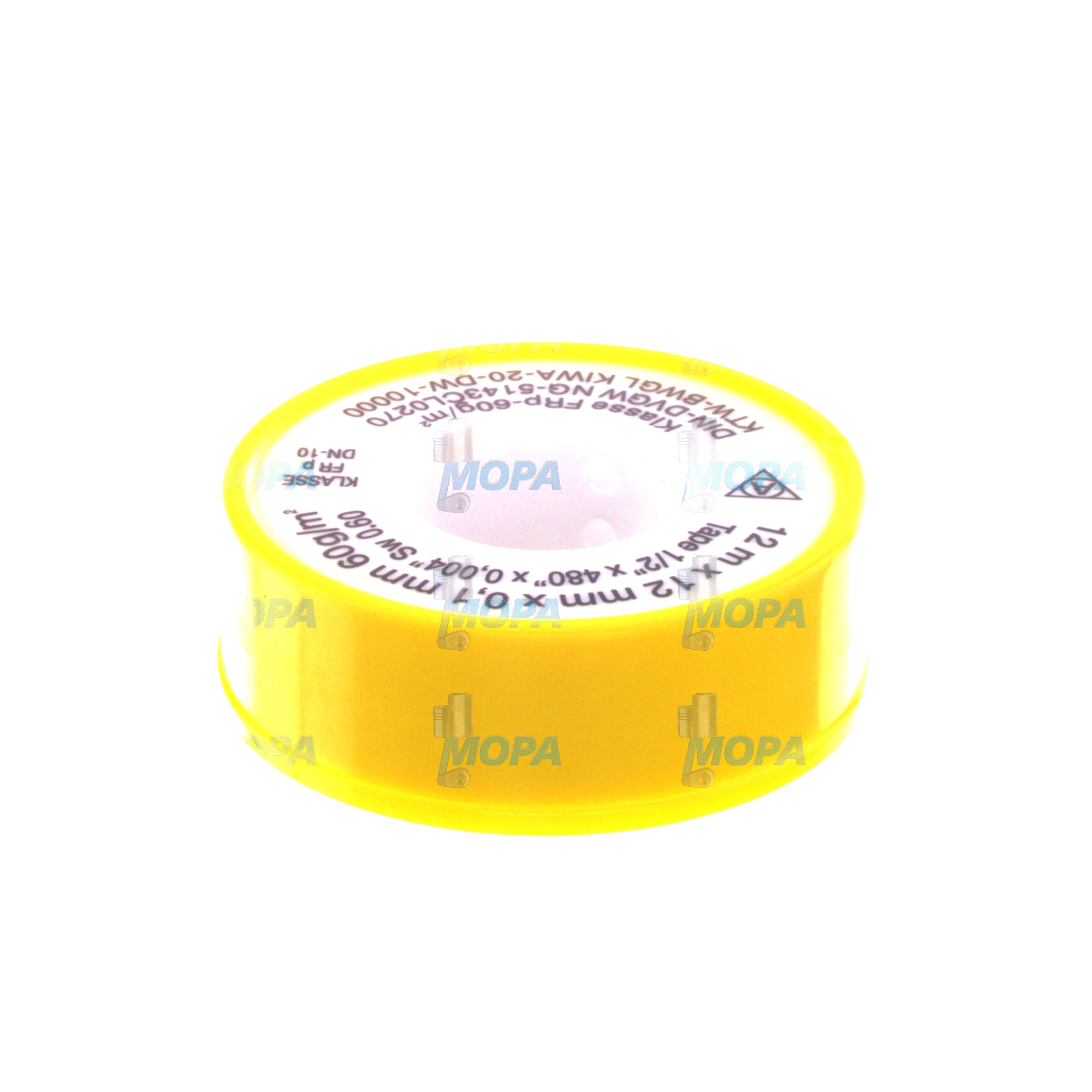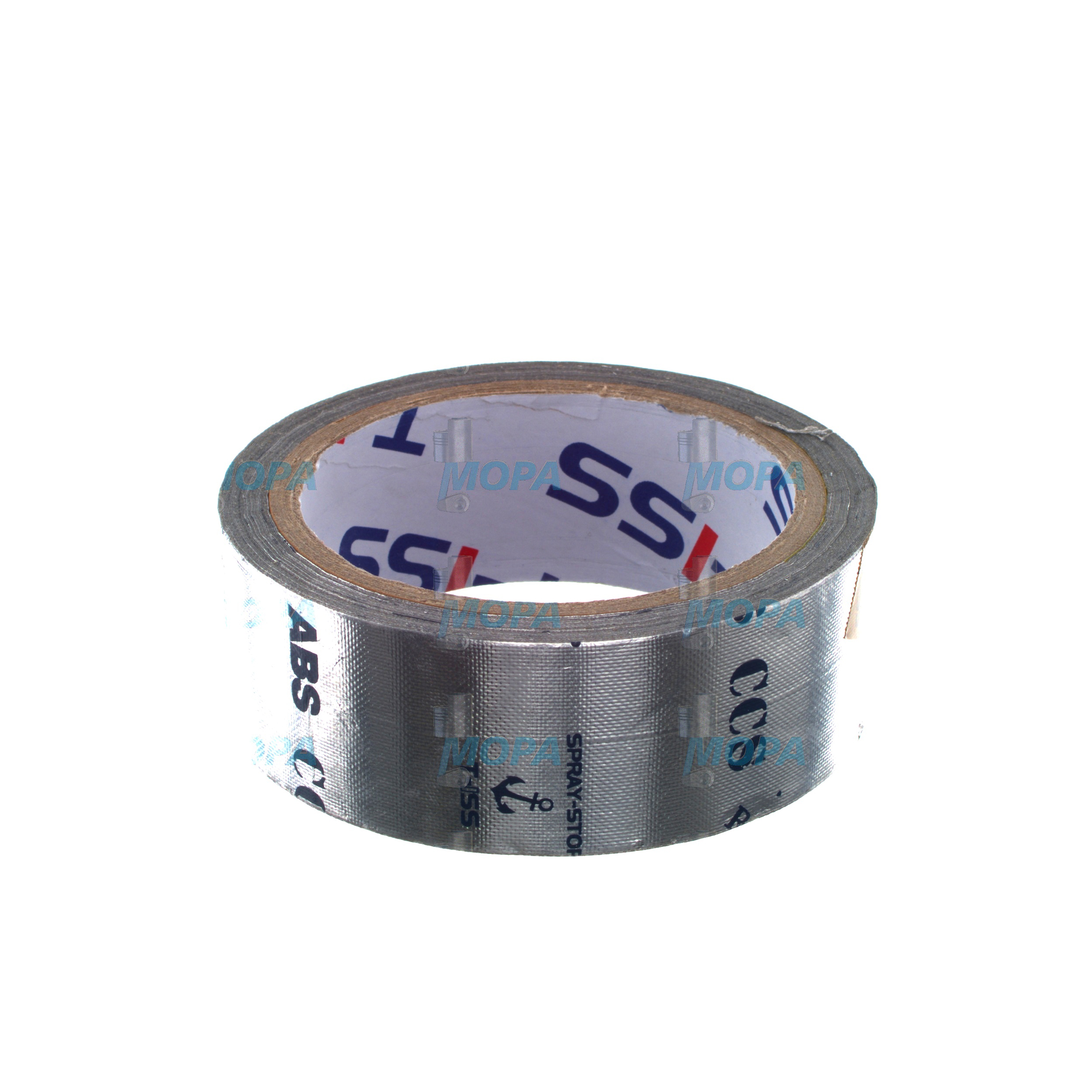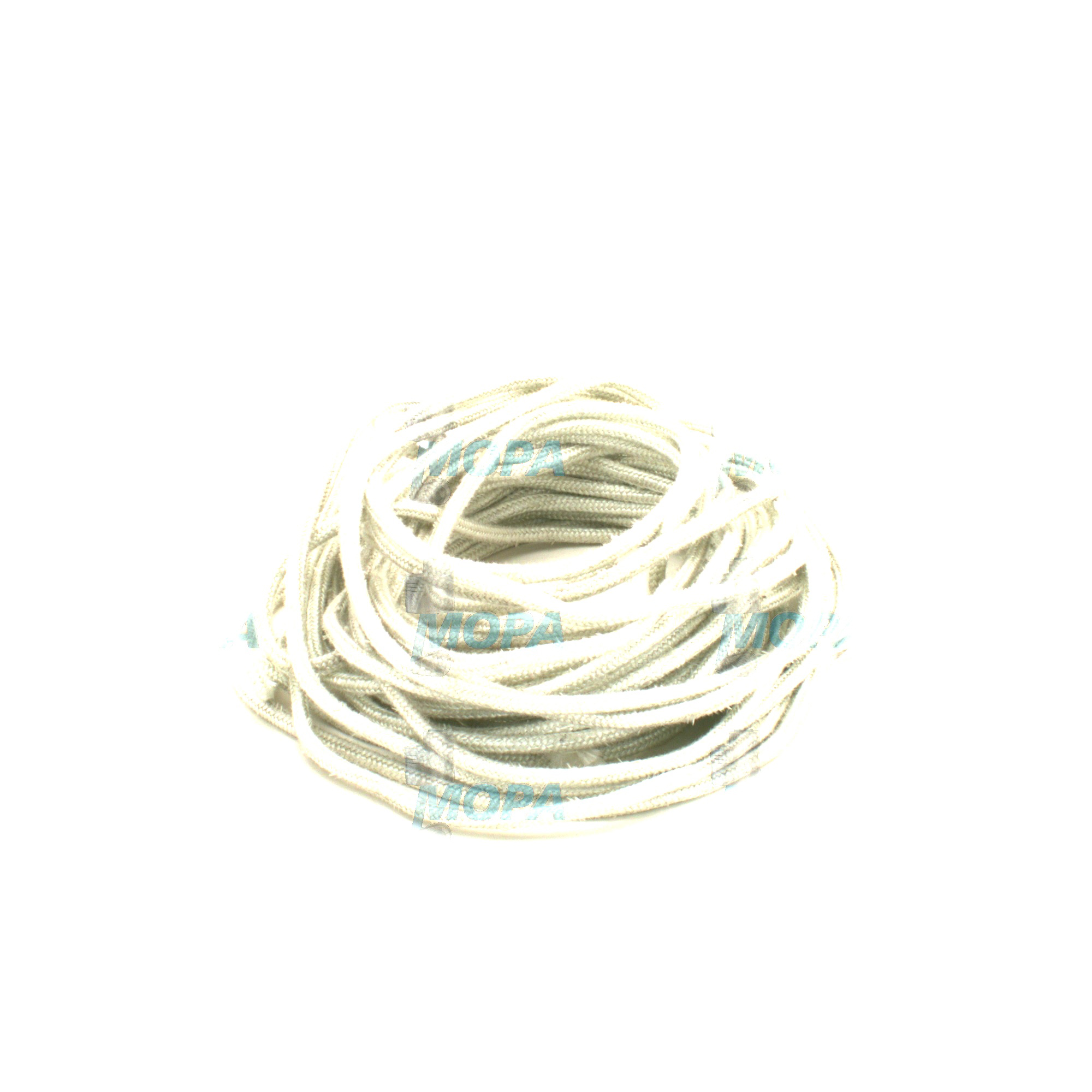SEALING TAPE and Gaskets for Marine and Diesel Engines
Gaskets are precision sealing elements that create reliable, leak‑tight joints between static engine components. In marine engines and diesel engines alike, they ensure clean separation of combustion gases, coolant, lubricating oil, fuel, air, and exhaust streams. By maintaining stable interfaces across cylinder heads, liners, manifolds, pumps, and covers, gaskets protect performance and efficiency while preventing contamination, corrosion, and unplanned downtime.
Within a powerplant, gaskets work under high temperature, pressure, and vibration. From multi‑layer steel (MLS) head gaskets to graphite exhaust gaskets and elastomeric O‑rings, each design is engineered for a defined media, surface finish, and clamping load. Related consumables—such as SEALING TAPE marine engine kits for thread sealing on auxiliary pipework—complement the core sealing strategy, but the heart of leak prevention in engines is the correct selection and installation of gaskets.
Technical function of Gaskets and how SEALING TAPE supports diesel engine sealing
Gaskets fill micro‑irregularities between mating surfaces to establish a controlled compression seal. In a diesel engine, the head gasket must contain peak cylinder pressures and combustion temperatures while isolating oil and coolant galleries; manifold gaskets preserve intake vacuum and exhaust gas flow; cover and pump gaskets prevent weeping at shafts and flanges. Material selection—MLS, graphite, aramid fiber, PTFE, NBR/FKM elastomers, or metal‑reinforced composites—is matched to media, temperature, and expected creep relaxation.
Performance hinges on correct clamp load and surface preparation. Specified torque/angle sequences compress the gasket to its design thickness, achieving sealability without over‑crush. Surface roughness typically in the Ra 1.6–3.2 µm range (application‑dependent) supports micro‑sealing, and anti‑stick coatings aid serviceability. Laboratory metrics such as compressibility and recovery (ASTM F36), creep relaxation (ASTM F38), and sealability (ASTM F37) correlate to real‑world resistance against blow‑by, oil dilution, coolant ingress, and fugitive emissions. For threaded plugs and small auxiliary connections, SEALING TAPE for diesel engine maintenance can provide secondary sealing, but it does not replace the role of engineered gaskets at critical interfaces.
Key characteristics and advantages of Gaskets:
· Precise thickness control for stable clamp load.
· Materials matched to media, temperature, and pressure.
· High recovery to accommodate thermal cycling.
· Low creep for long‑term sealing integrity.
· Chemical resistance to fuels, oils, coolants, and exhaust condensates.
· Compatibility with specified surface finishes.
· Thermal stability near turbochargers and exhaust manifolds.
· Designed for defined torque/angle tightening procedures.
· Supports emissions compliance by limiting blow‑by and leaks.
· Clear orientation and identification for error‑free assembly.
Importance of Gaskets for reliable engine operation
In continuous‑duty service, minor leakage becomes a major cost. Deteriorated or mis‑specified gaskets lead to loss of compression, hot gas erosion, and localized overheating. Coolant leakage can cause liner pitting and bearing damage; oil leakage risks contamination of intake charge or exhaust aftertreatment; exhaust leaks at manifold joints increase backpressure variability, harm turbocharger efficiency, and elevate engine room temperatures. Even small weeps contribute to higher specific fuel oil consumption and more frequent top‑ups—both visible on operational KPIs.
By maintaining separation of fluids and gases, correctly engineered gaskets preserve combustion integrity, protect rotating assemblies, and stabilize thermal loads. The result is predictable performance, extended service intervals, and safer operation. Onboard maintenance teams often carry SEALING TAPE marine engine assortments for quick thread sealing on auxiliary lines, yet the reliability of the propulsion or genset core still depends on the right gasket geometry, material, and installation torque.
Advantages of OEM spare parts suitable for Gaskets
Specifying OEM spare parts suitable for gaskets ensures the right design envelope—material formulation, bead geometry, emboss height, and coating—exactly matches the mating hardware. Dimensional accuracy supports uniform load distribution, while controlled compressibility and recovery sustain sealing across long cycles and repeated thermal shocks. This precision directly enhances efficiency and protects the budget by minimizing rework, consumable waste, and time lost to troubleshooting elusive leaks.
Beyond fit and function, OEM spare parts suitable for gaskets deliver consistent batch quality and traceability. Material certificates and process controls reduce variability in creep relaxation and sealability, which translates to stable torque retention and fewer early‑life failures. For threaded auxiliaries and plugs, SEALING TAPE OEM parts coordination with gasket kits streamlines procurement and inventory, ensuring that both static and threaded seals are on hand during a single service window—shortening laytime and reducing logistics complexity.
In short, alignment with OEM specifications safeguards performance, protects equipment, and extends service life, while delivering predictable total cost of ownership through reduced downtime and optimized maintenance planning.
MOPA as your partner for OEM spare parts Gaskets
MOPA supplies OEM spare parts suitable for gaskets across a wide range of diesel and gas engines used in marine, power generation, and industrial applications. We combine technical expertise with fast response and reliable availability, helping purchasers and superintendents source the exact gasket sets, O‑rings, and sealing accessories they need—right first time.
Speed, quality, and security in OEM parts for diesel and gas engines
With efficient logistics, stringent quality controls, and secure documentation, MOPA supports tight dry‑docking schedules and ad‑hoc repairs alike. Our team can cross‑reference part numbers, advise on material compatibility for specific fuels and coolants, and coordinate related items—such as SEALING TAPE for diesel engine auxiliary connections—so your crew receives a complete sealing solution in one shipment.
Conclusion: Gaskets and SEALING TAPE in high‑duty engine service
Gaskets are core to engine health, preserving compression, keeping fluids where they belong, and protecting performance and safety. Selecting OEM spare parts suitable for gaskets—and pairing them with appropriate SEALING TAPE for marine engine accessory threads—delivers reliable sealing, longer service life, and greater cost control across your fleet or plant.







